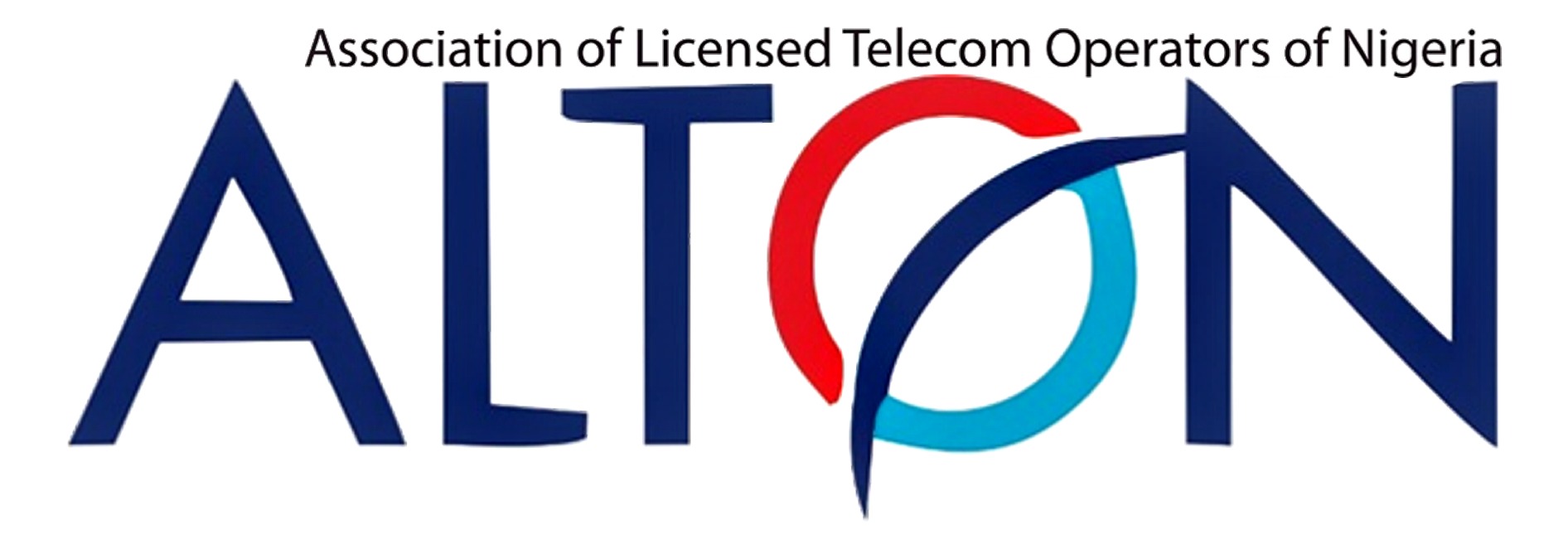Nigeria’s telecommunications operators have raised alarm over a developing crisis that could lead to major service disruptions across the country, following a blockade on diesel supplies to network sites.
The Chairman of the Association of Licensed Telecommunications Operators of Nigeria (ALTON), Mr. Gbenga Adebayo, issued a statement highlighting the situation.
Adebayo, identified two key oil sector unions — the Nigerian Union of Petroleum and Natural Gas Workers and the Natural Oil and Gas Suppliers Association of Nigeria.
He said their workers prevented diesel trucks from loading at depots in Kaduna, Lagos, and Koko in Delta State.
“Diesel is critical to powering thousands of telecom base stations nationwide.
“Especially, those stations operated by IHS Towers, one of the country’s largest telecom infrastructure providers,” he said.
Adebayo explained that the blockade stems from an ongoing dispute involving alleged fuel theft linked to two NOGASA-affiliated companies and IHS, which is currently under investigation.
“The impact is already being felt at some of the 16,000 telecom sites that support mobile networks, internet services, banking, hospitals, emergency response, and national security operations across Nigeria,” he warned.
He stressed that disrupting fuel supplies to these sites poses a serious risk to public safety and national security.
“Telecom infrastructure is classified as critical. Preventing diesel from reaching these sites is both dangerous and unlawful,” Adebayo said.
He appealed to the unions to lift the blockade and pursue any grievances through legal means.
Adebayo also urged immediate intervention from government agencies, including the Office of the National Security Adviser.
He also called on the Nigerian Communications Commission (NCC), to prevent a potential nationwide telecom blackout.
“Without diesel, we cannot maintain network operations. Millions of Nigerians could lose access to essential services,” he cautioned.





